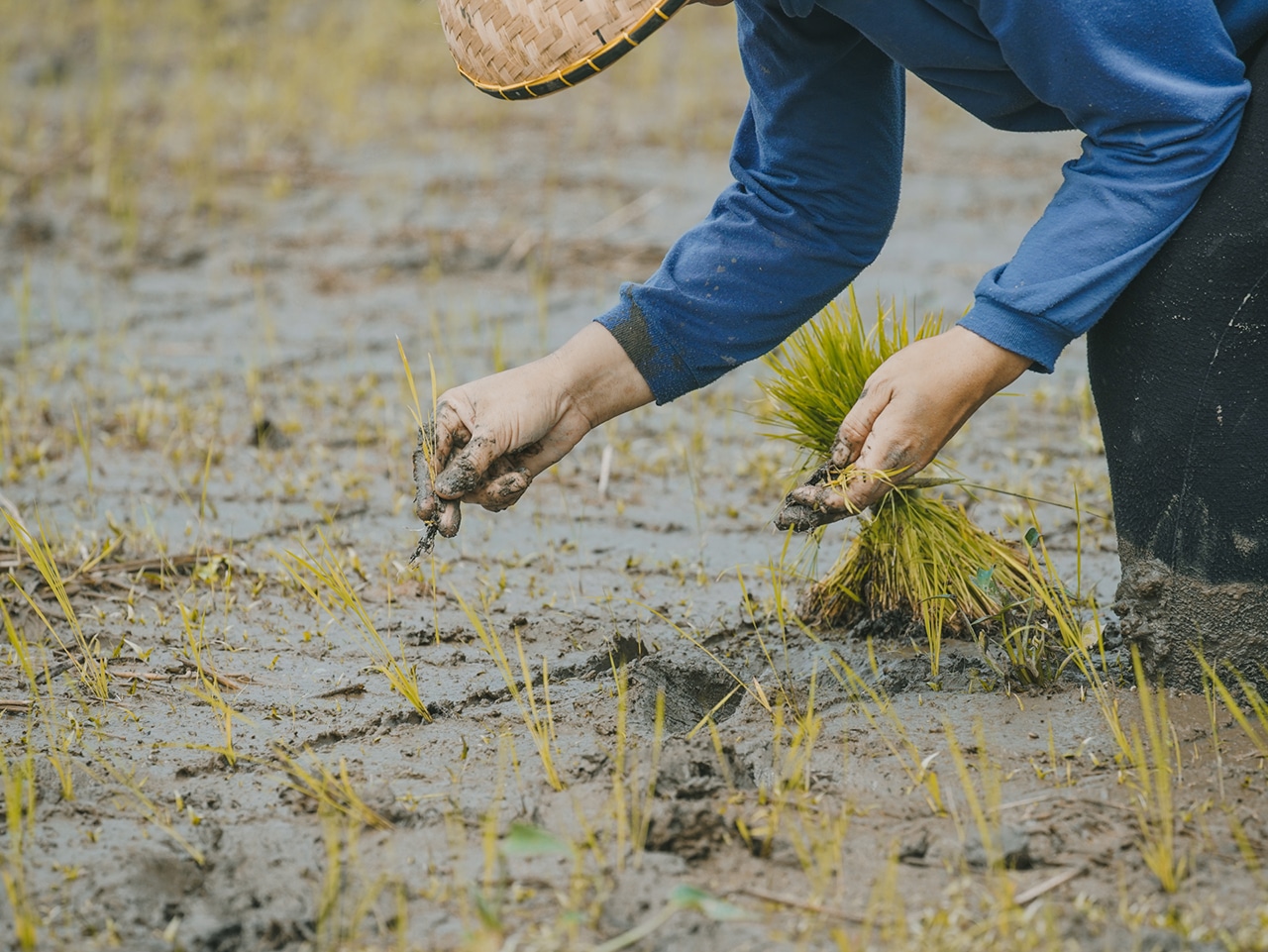
Field trips are a cornerstone of holistic education, enriching the educational experience in ways that extend far beyond the classroom walls. In an era where student-centred learning is at the forefront of educational philosophy, these excursions offer a powerful means to achieve its goals.
Igniting Active Engagement
One of the key advantages of field trips is their ability to ignite active engagement among students. The traditional classroom setting can sometimes struggle to captivate students’ attention, but field trips have a unique allure. The prospect of venturing into new environments, whether it’s a historical site, a public site, a natural reserve or a local business, naturally piques students’ curiosity and enthusiasm. This heightened engagement is vital in cultivating a genuine interest in the subject matter and nurturing the desire to learn more.
Bridging Theory and Practice
Furthermore, field trips serve as a bridge between the theoretical knowledge acquired in the classroom and its practical application in the real world. Students can witness first-hand how the concepts they’ve learned are put into practice. This connection between theory and practice not only deepens their understanding but also demonstrates the relevance of their education. It answers the age-old question of “Why do I need to learn this?” by showing students how classroom knowledge translates into real-world skills and experiences.
Empowering Student-Centered Learning
Another significant benefit of field trips is the opportunity they provide for students to take charge of their own learning journey. Instead of being passive recipients of information, students become active participants in the learning process. They can ask questions, make observations and explore areas of personal interest. This autonomy fosters a sense of ownership over their education, empowering them to become self-directed learners who are motivated by their own curiosity and interests.
Critical thinking skills are also honed during field trips. Students are encouraged to analyse what they see, hear and experience. They learn to ask probing questions, make connections between different pieces of information and draw conclusions based on evidence. This type of thinking is at the core of student-centred education, which seeks to develop students who can think critically and independently.
Creating Lasting Memories
Field trips create lasting memories that extend far beyond the excursion itself. These memorable experiences are often associated with the subject matter, creating positive associations with learning. When students look back on their educational journey, it’s often the field trips that stand out as transformative moments, solidifying their passion for learning.
Field trips are not merely outings; they are transformative educational experiences that align perfectly with the principles of student-centred learning. They inspire active engagement, bridge the gap between theory and practice, empower students to become independent learners and cultivate critical thinking skills. They create lasting memories that shape students’ attitudes toward education, making them an invaluable asset in modern pedagogy.



